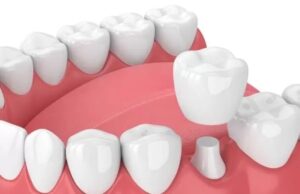What Is Thumb Sucking?
Thumb sucking is a common habit in children. It often begins during infancy and provides comfort. While it may seem harmless at first, prolonged thumb sucking can lead to dental and behavioral challenges.
Why Do Children Suck Their Thumbs?
Children suck their thumbs for many reasons. It soothes them when they’re anxious or tired. For some, it becomes a coping mechanism. Understanding the cause is key to breaking the habit.
Negative Effects of Thumb Sucking
Thumb sucking can affect oral health and overall well-being.
- Dental Issues: Prolonged thumb sucking can cause misaligned teeth or bite problems.
- Speech Problems: It may interfere with tongue placement, impacting speech development.
- Skin Irritation: Repeated sucking can irritate the thumb, leading to redness or calluses.
How to Break the Thumb Sucking Habit
Breaking this habit requires patience and a supportive approach.
Offer Positive Reinforcement
Praise your child when they avoid thumb sucking. Small rewards can motivate them to stop.
Identify Triggers
Pay attention to when your child sucks their thumb. Address the situations causing stress or boredom.
Use Distraction Techniques
Engage your child in activities that keep their hands busy. Coloring, puzzles, or crafts can help.
Provide Comfort Alternatives
Offer a favorite toy or blanket as a substitute. This can ease the transition away from thumb sucking.
Professional Solutions for Thumb Sucking
If the habit persists, professional guidance may be necessary.
- Dental Appliances: Devices like thumb guards can discourage the habit.
- Pediatric Counseling: Therapy can help children address emotional reasons for thumb sucking.
- Regular Dental Checkups: A dentist can monitor and correct any dental issues early.
The Importance of Early Intervention
Stopping thumb sucking early can prevent long-term effects. Positive parenting and timely intervention play a crucial role in this process.
Conclusion
Thumb sucking is a natural habit, but it’s essential to manage it appropriately. By understanding the causes and using effective strategies, parents can help their children develop healthy habits and maintain good oral health.




